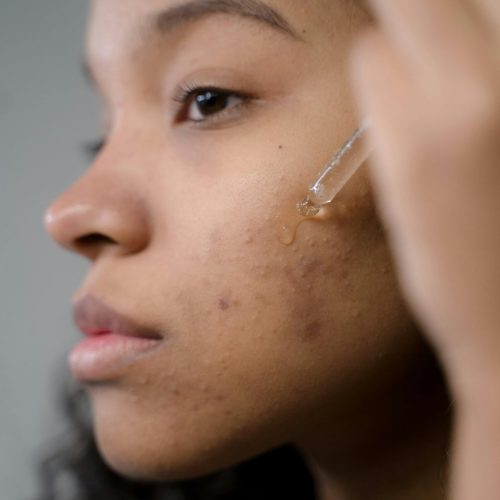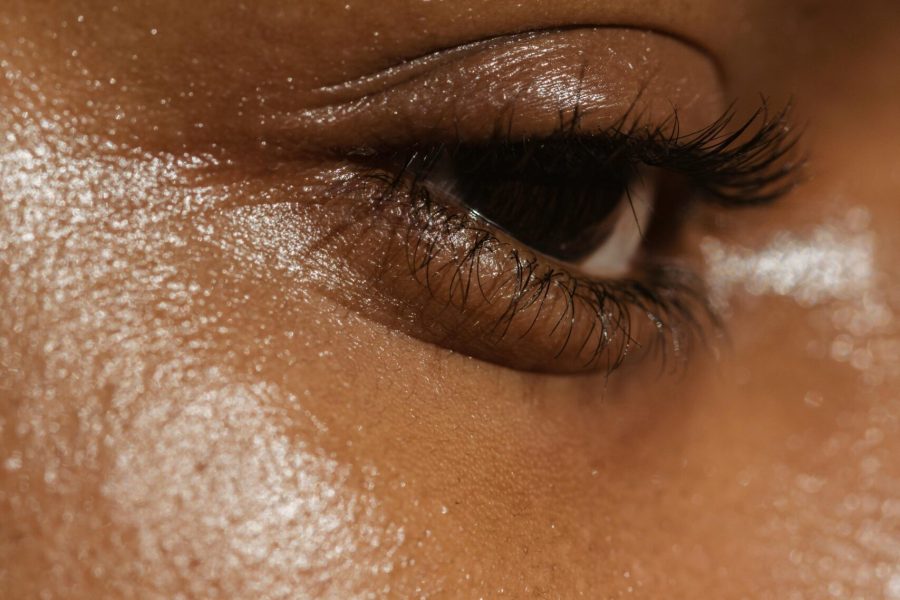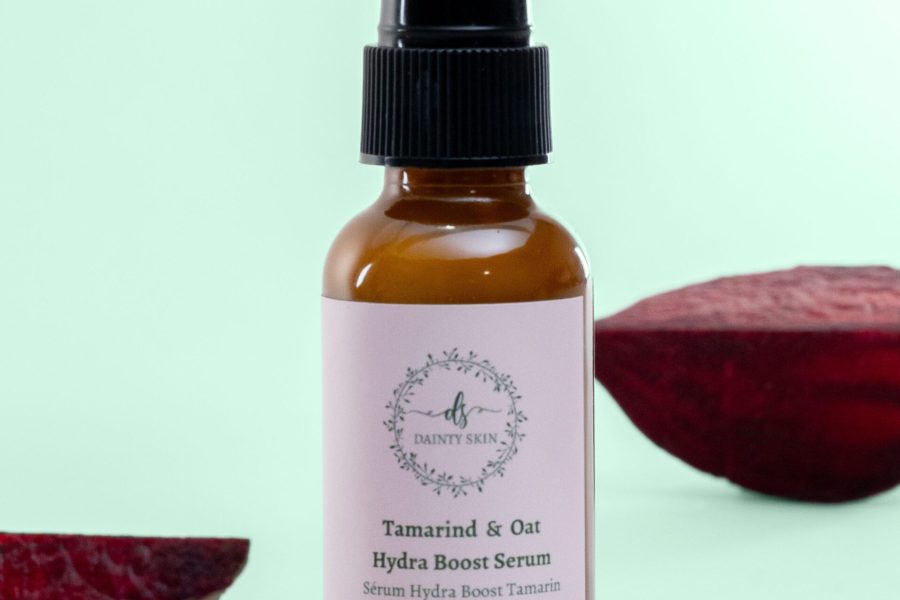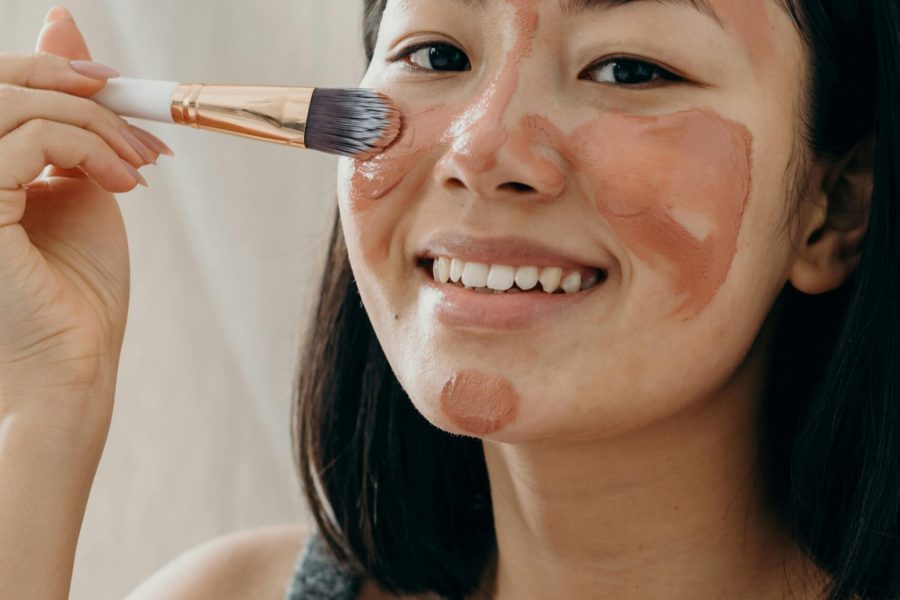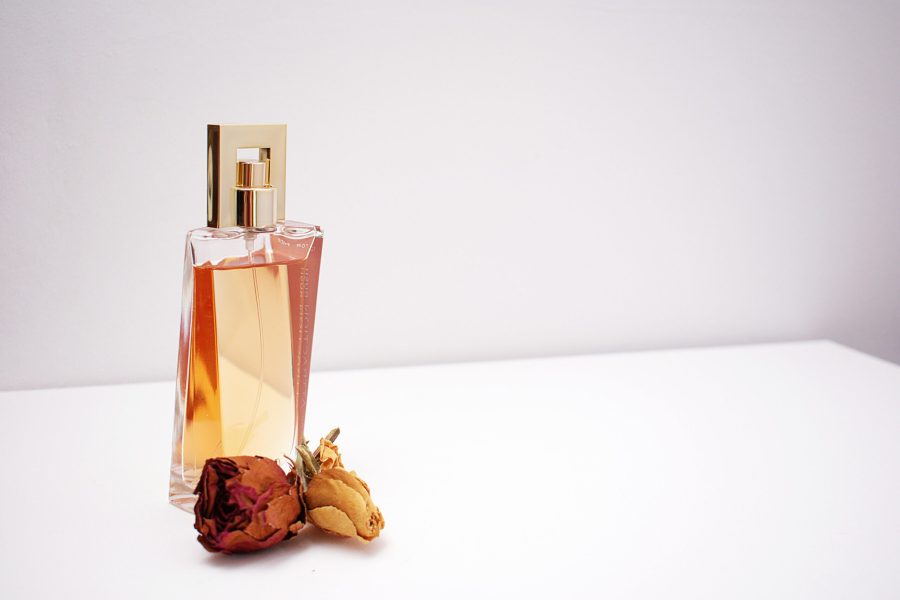Linoleic acid and acne have been scientifically proven to be related. LA (vitamin F) is an essential fatty acid that plays an important role in skin health, including maintaining the skin’s barrier function and hydration.
Sebum Regulation:
Linoleic acid and sebum production: Acne is associated with excess sebum (skin oil) production, which can clog pores. Linoleic acid may help regulate sebum production. Some studies have shown that skin with lower linoleic acid levels tends to produce more sebum, which can contribute to acne. Linoleic acid can help balance sebum production and potentially reduce the likelihood of clogged pores.
Skin barrier function: Linoleic acid is important for maintaining the integrity of the skin’s barrier. A compromised skin barrier is often seen in acne-prone skin, leading to inflammation and further exacerbation of acne. By supporting the skin’s natural barrier, linoleic acid can help maintain hydration and protect the skin from irritants.
Anti-inflammatory Properties:
- Acne is an inflammatory condition, and linoleic acid has anti-inflammatory properties that may help reduce the redness, swelling, and irritation associated with acne. It does this by modulating inflammatory pathways in the skin, possibly decreasing the overall inflammatory response that contributes to acne lesions.
Topical Use:
- Some acne treatments, particularly oils rich in linoleic acid, like cacay oil, have been suggested to help reduce acne when applied topically. The oil may act as a non-comedogenic (doesn’t clog pores) moisturizer that balances the skin’s natural oils while offering anti-inflammatory effects.
Linoleic Acid Deficiency:
- Acne-prone skin often shows a relative deficiency of linoleic acid. In one study, people with acne lesions were found to have lower levels of linoleic acid in their sebum. This suggests that increasing linoleic acid intake might help improve skin health and reduce acne.
